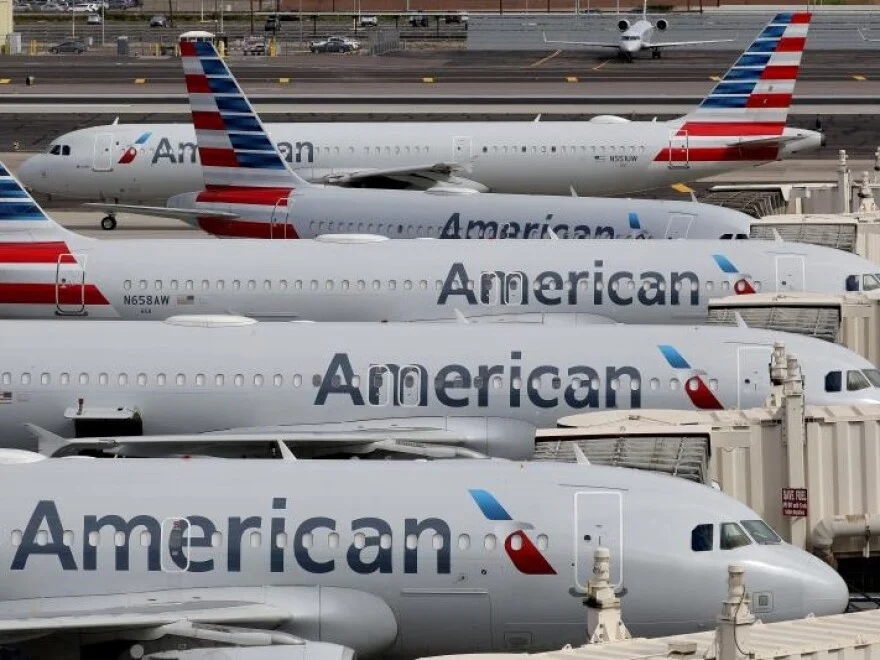Flight attendants employed by American Airlines have taken a significant step by voting overwhelmingly in favor of granting their union leaders the authority to call for a strike. This move is strategically aimed at putting pressure on the airline during ongoing negotiations regarding pay raises for the employees.
The Association of Professional Flight Attendants announced the outcome of the vote on Wednesday, revealing that more than 99% of the members who participated in the recent poll supported the decision to empower the union with the ability to initiate a strike when deemed necessary. To underscore their unity and determination, the flight attendants organized picketing activities at multiple airports, serving as a visible representation of their solidarity and resolve.
Julie Hedrick, President of the Union, conveyed the significance of the vote, stating that it symbolizes the passionate stance of flight attendants who have not experienced salary increases since 2019. She warned the management of American Airlines against dismissing the implications of the strike vote, emphasizing that doing so would carry its own set of consequences.
In response, American Airlines released a statement acknowledging the negotiations and the significance of the strike authorization vote. They expressed their commitment to reaching an agreement that provides tangible benefits to their flight attendants, while acknowledging that the vote signifies the flight attendants’ desire for a fair resolution.
However, it’s essential to note that the vote for strike authorization does not automatically translate into an imminent or likely strike action. Federal regulations place stringent requirements on airline unions, making it challenging to carry out lawful strikes. Such strikes necessitate a determination from federal mediators that further negotiations would be unproductive—a circumstance that rarely occurs. Additionally, external factors such as intervention from the president and Congress can impact the possibility of a strike taking place.
In a separate development earlier this month, American Airlines’ pilots ratified a contract that guarantees an average pay increase exceeding 40% over the span of four years. However, it’s important to acknowledge that flight attendants, due to their comparatively lesser bargaining power in contrast to pilots, are not expected to secure a similar substantial increase in compensation.
Simultaneously, other airline unions are also actively seeking improved contract terms. Pilots at Southwest Airlines and flight attendants at United Airlines have announced plans to stage picketing activities at various airports on Thursday. These coordinated efforts across different airlines indicate a broader trend of employees advocating for their rights and better working conditions in the aviation industry.




